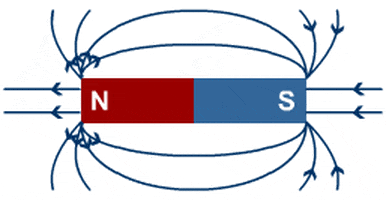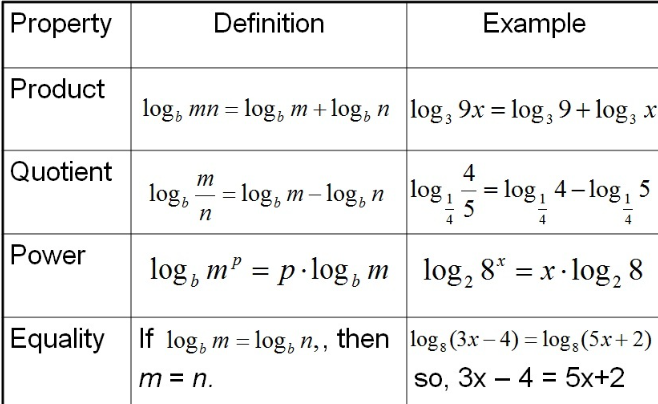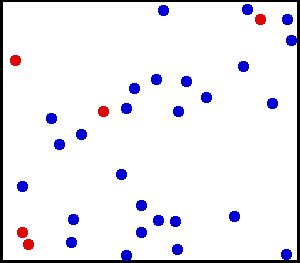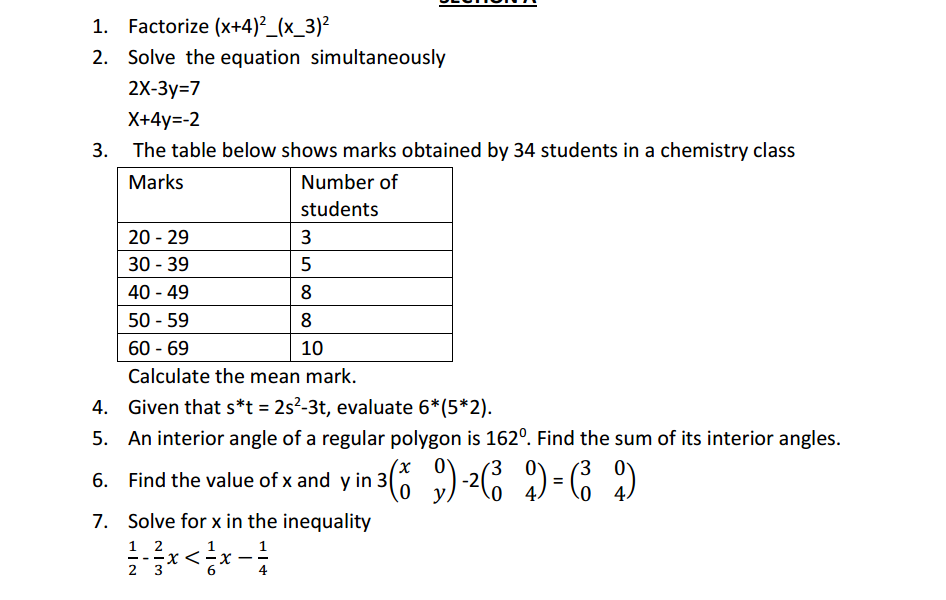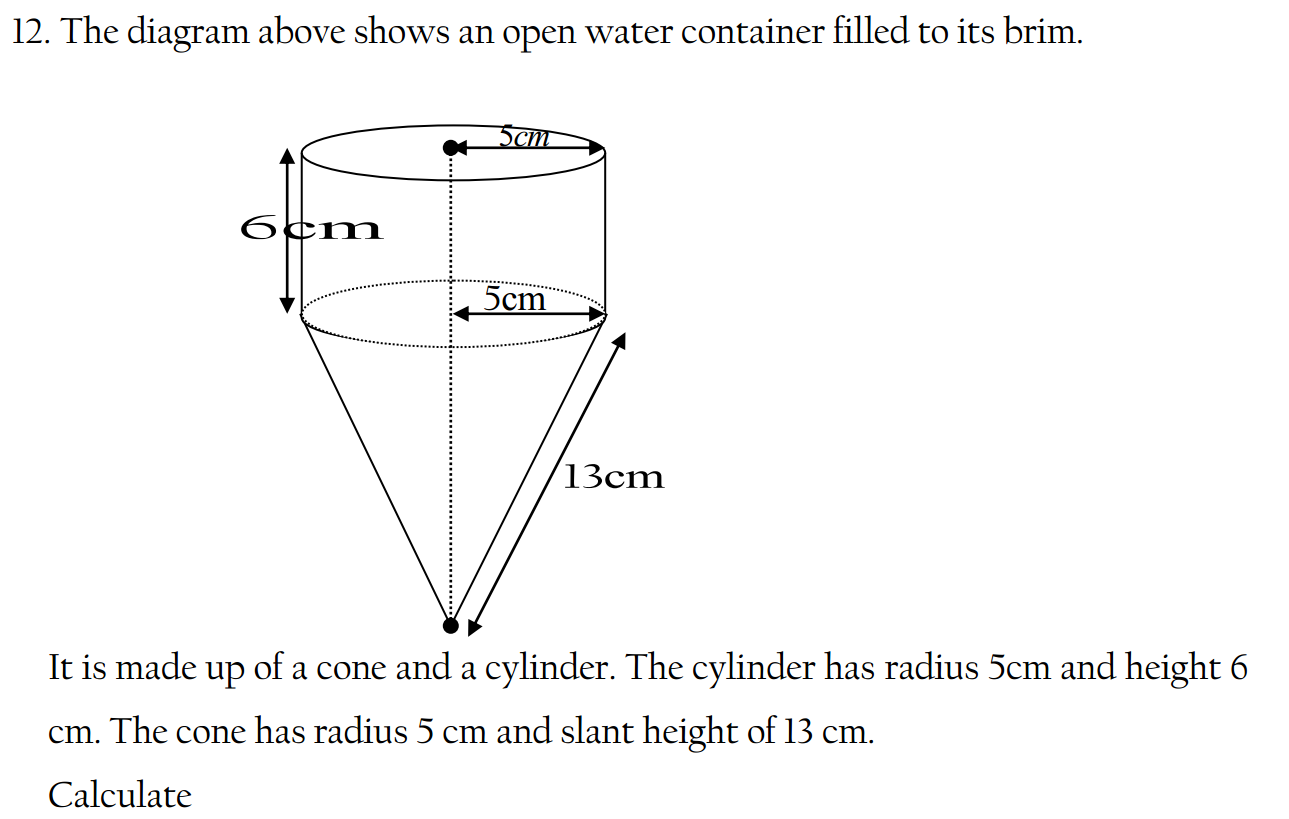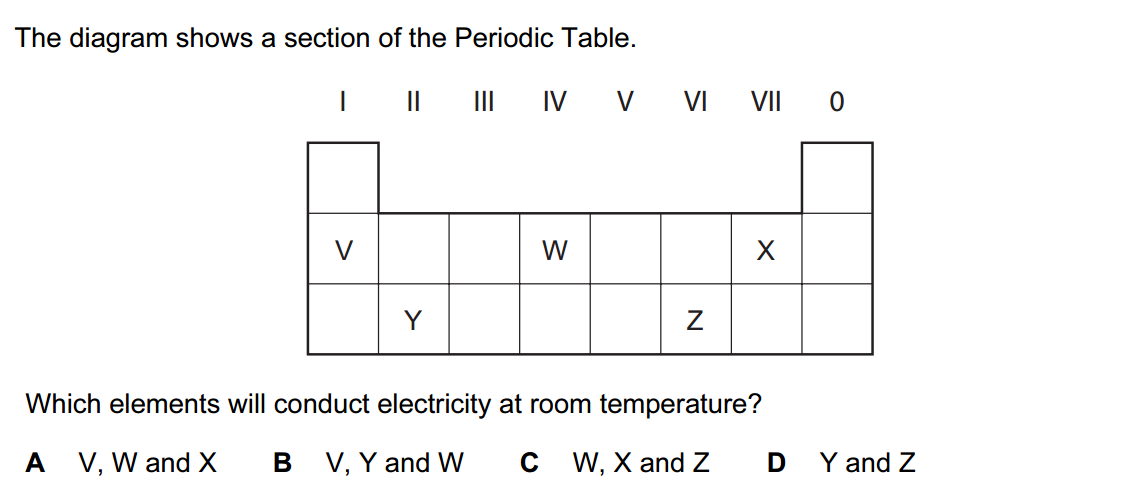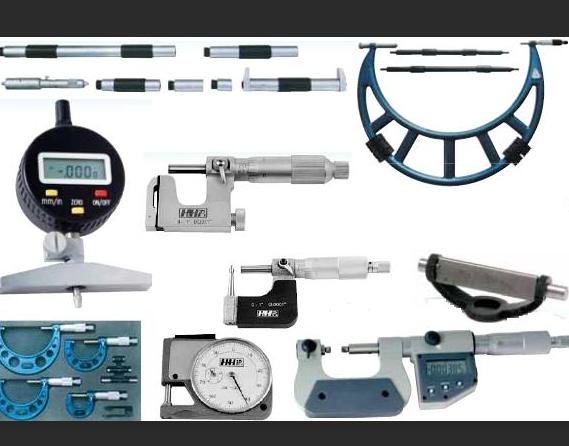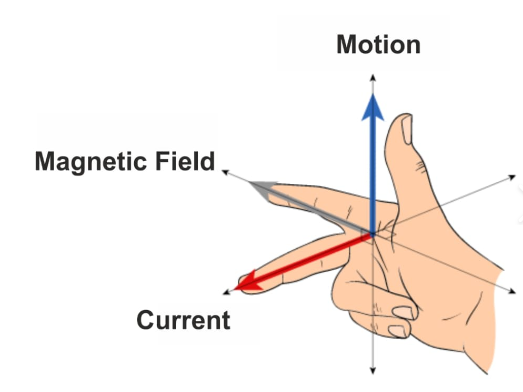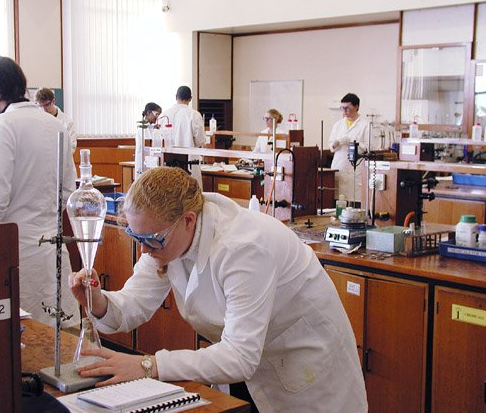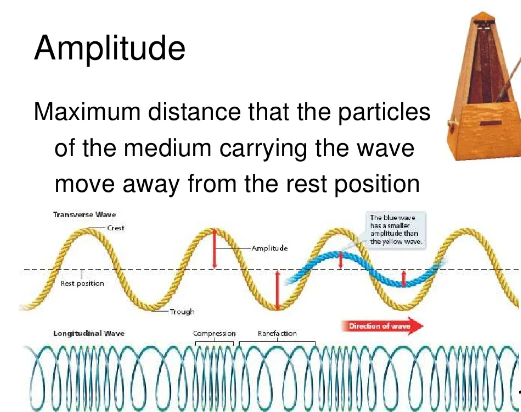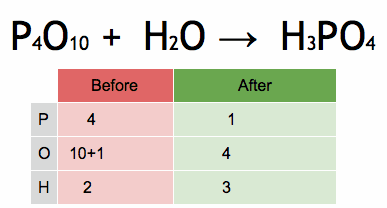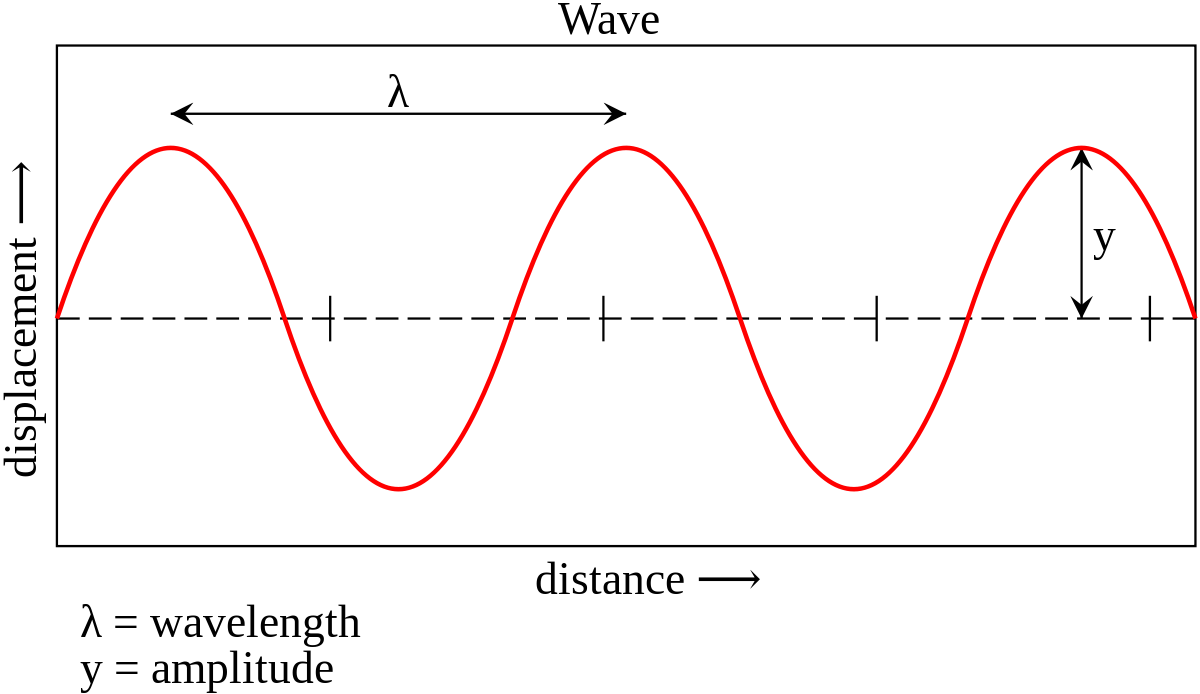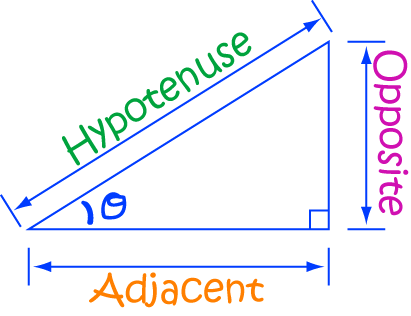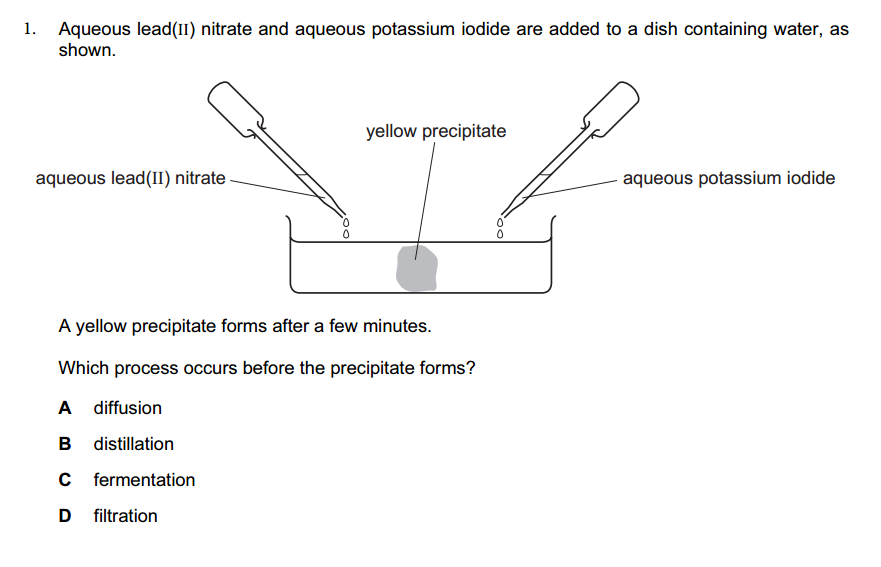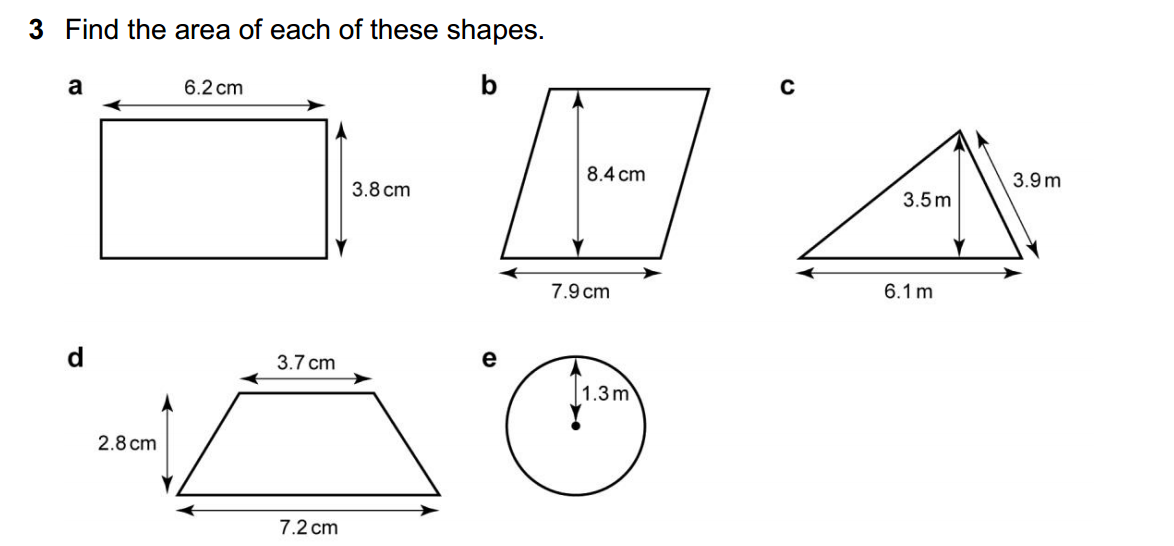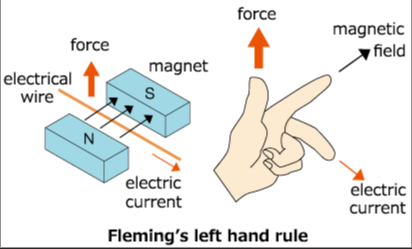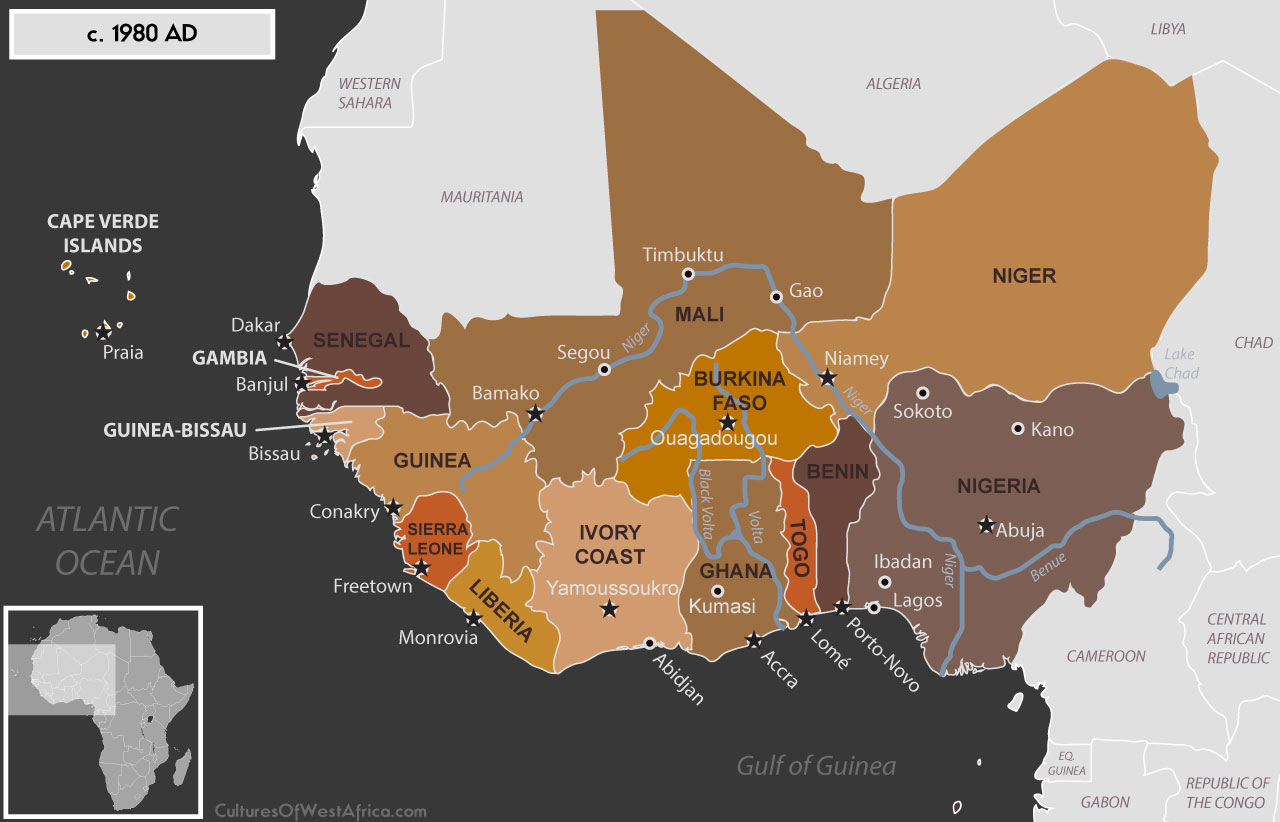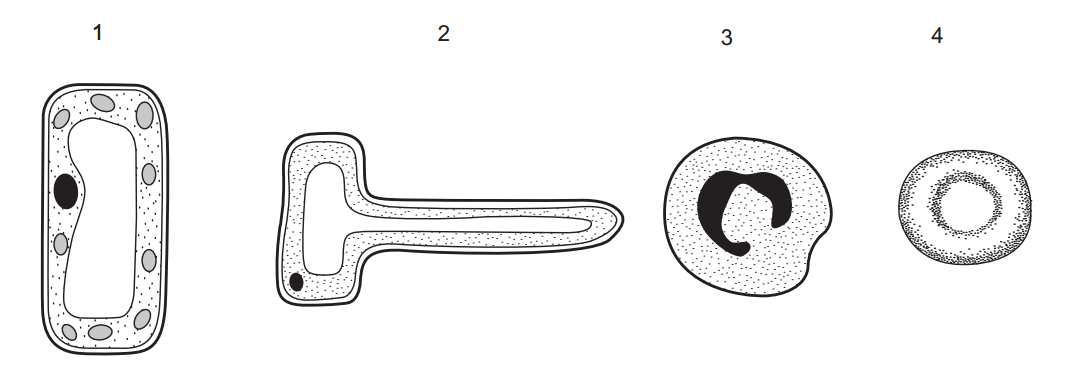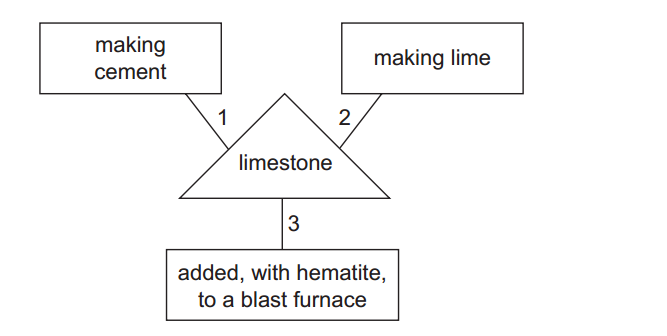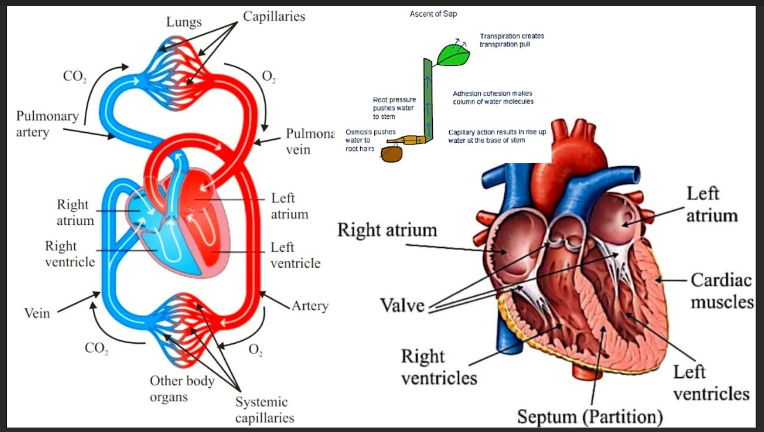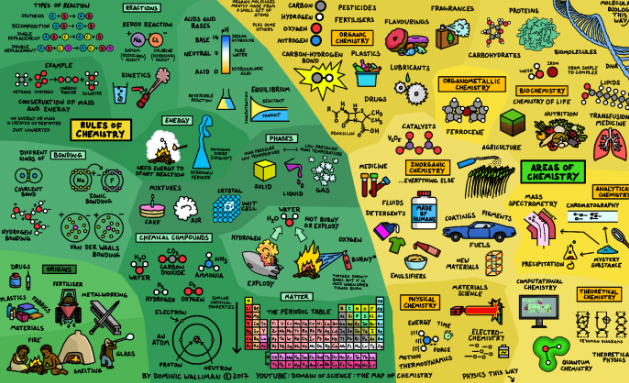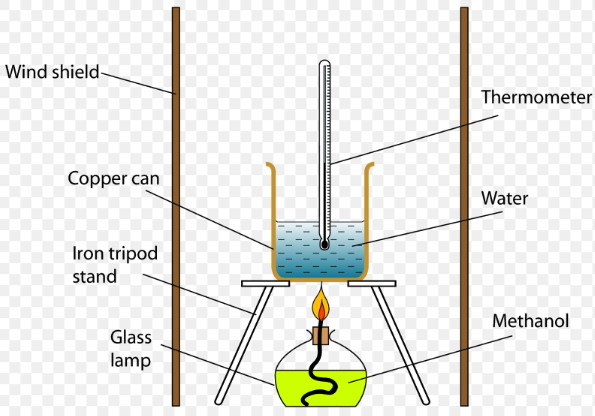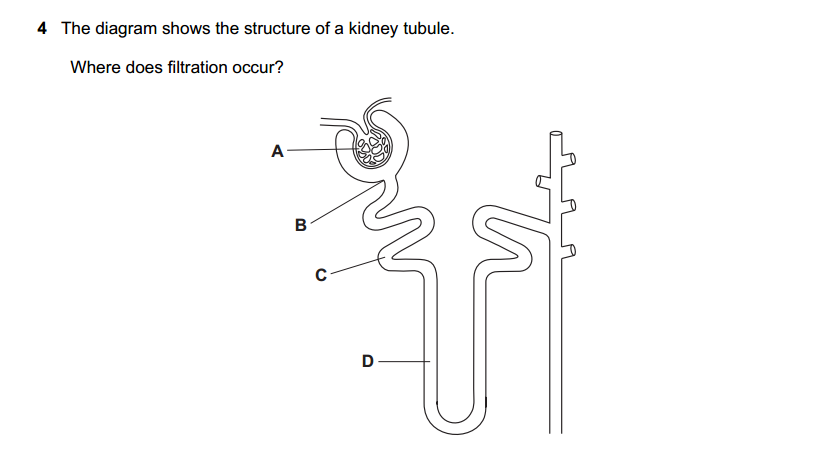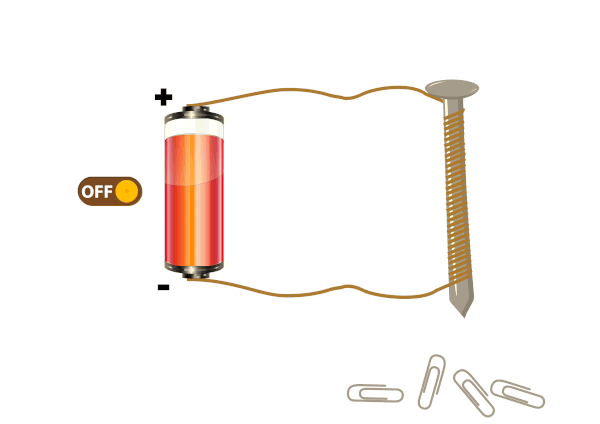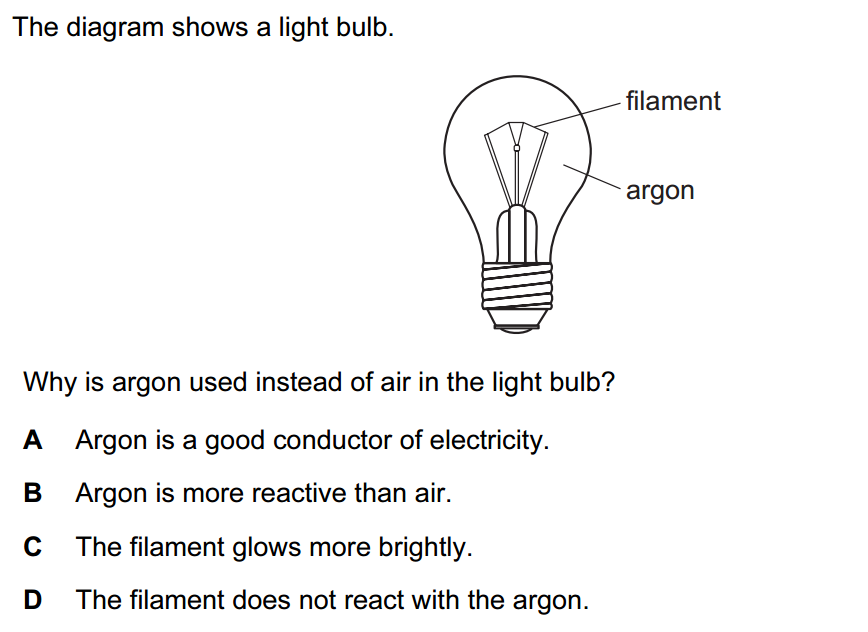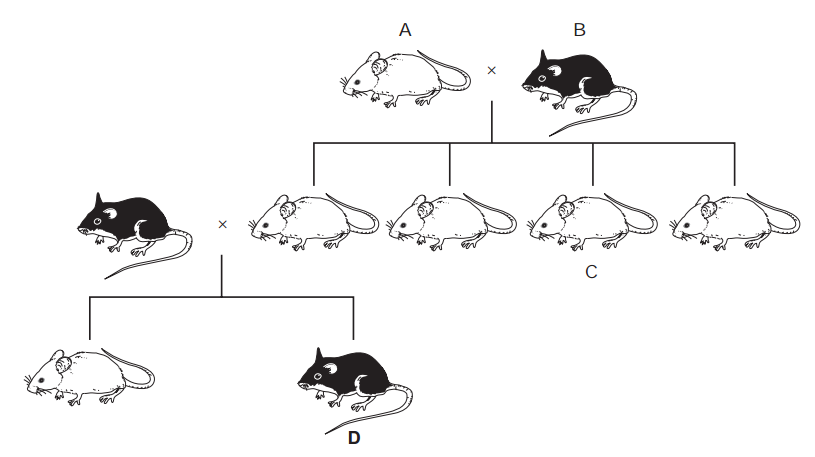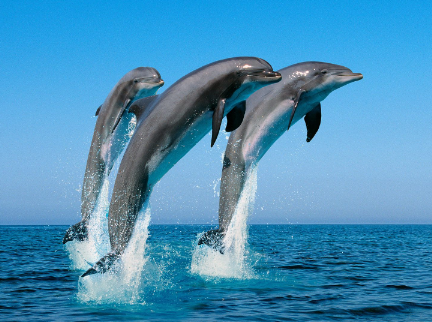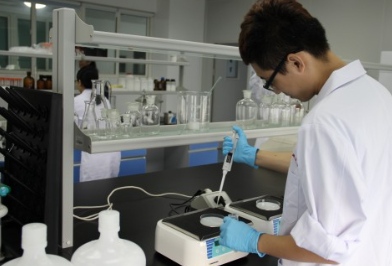Archimedes’ principle is a fundamental concept in fluid mechanics, and it provides insights into the buoyancy of objects submerged in a fluid. Here are some discussion questions related to Archimedes’ principle:
- What is Archimedes’ principle, and how does it relate to the buoyant force experienced by submerged objects?
- Explain the factors that determine the buoyant force on an object submerged in a fluid.
- How does the density of an object and the density of the fluid affect its buoyancy, according to Archimedes’ principle?
- Discuss real-life applications of Archimedes’ principle, such as in ship design, hot air balloons, and underwater exploration.
- How does the principle of displacement, as discovered by Archimedes, relate to the buoyancy of objects?
- Explore the concept of apparent weight when an object is submerged in a fluid. How does it change compared to the object’s actual weight?
- Explain the difference between an object that floats, sinks, or remains neutrally buoyant in a fluid, considering Archimedes’ principle.
- How is Archimedes’ principle used in designing and building submarines and other underwater vehicles?
- Discuss the concept of the buoyant force acting in the opposite direction of gravity. How does this affect objects immersed in a fluid?
- How does Archimedes’ principle help us understand the behavior of icebergs and their buoyancy in seawater?
- Explore the role of buoyancy in the design and operation of modern seafaring vessels, such as cargo ships and oil tankers.
- How does the buoyancy of objects in different fluids, like water, oil, and air, vary, and what are the implications for engineering and design?
- Discuss the impact of Archimedes’ principle on the construction of swimming pools, ensuring they can support swimmers of various sizes and weights.
- Consider how Archimedes’ principle is utilized in the aerospace industry, especially in designing spacecraft and ensuring they remain buoyant during launch and re-entry.
- How does Archimedes’ principle apply to the study of marine life and the buoyancy adaptations of marine animals like fish, whales, and penguins?
- Explore the historical context of Archimedes’ discovery of his principle and its significance in the ancient world.
- How does Archimedes’ principle relate to the concept of density, and how can this knowledge be applied to solve practical problems?
- Discuss the impact of buoyancy on the design and safety of water-based recreational activities, such as boating and swimming.
- How can Archimedes’ principle be used in engineering and environmental science to address issues related to fluid dynamics and environmental conservation?
- Explore potential future advancements or applications of Archimedes’ principle, especially in emerging fields like marine robotics and environmental monitoring.
These discussion questions can be used in educational settings or as a starting point for exploring the principles of buoyancy and Archimedes’ contributions to the field of physics and engineering.


